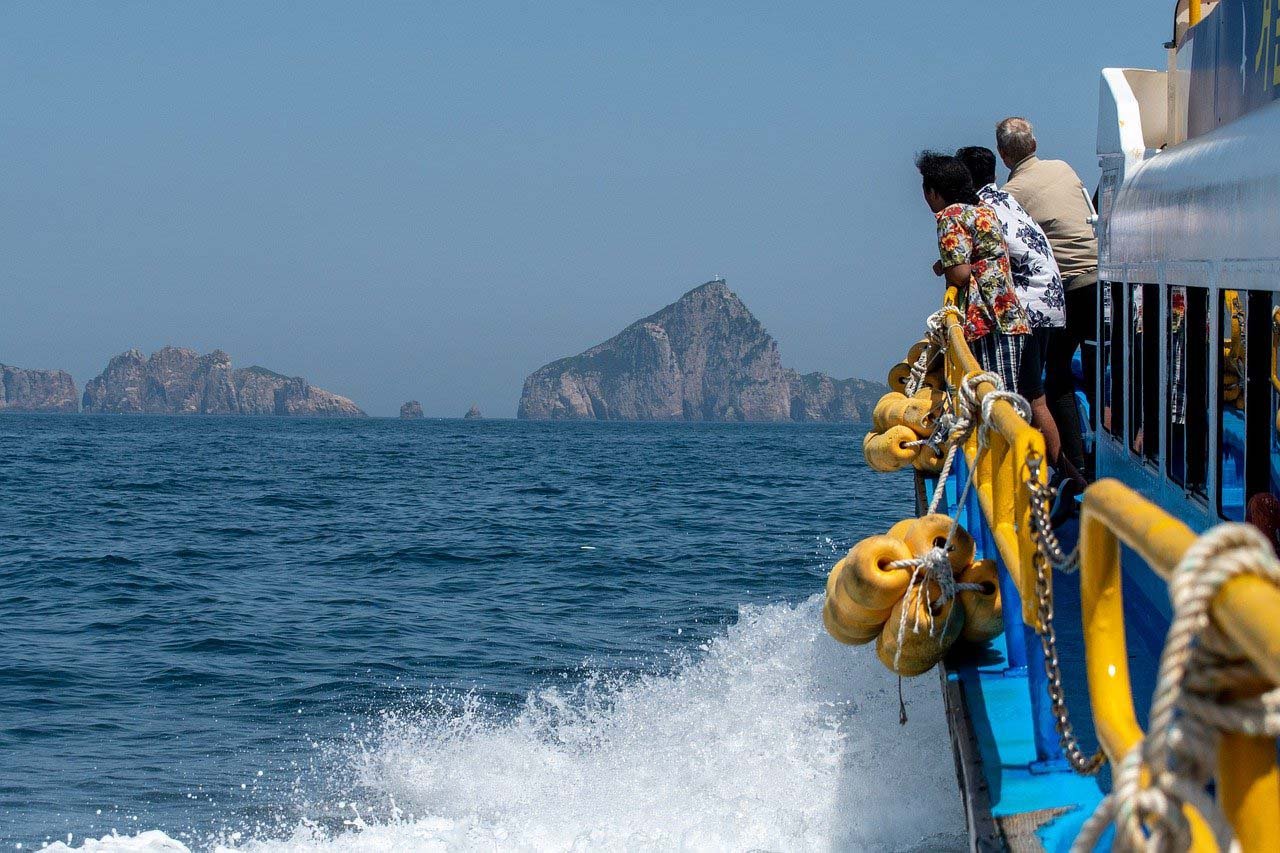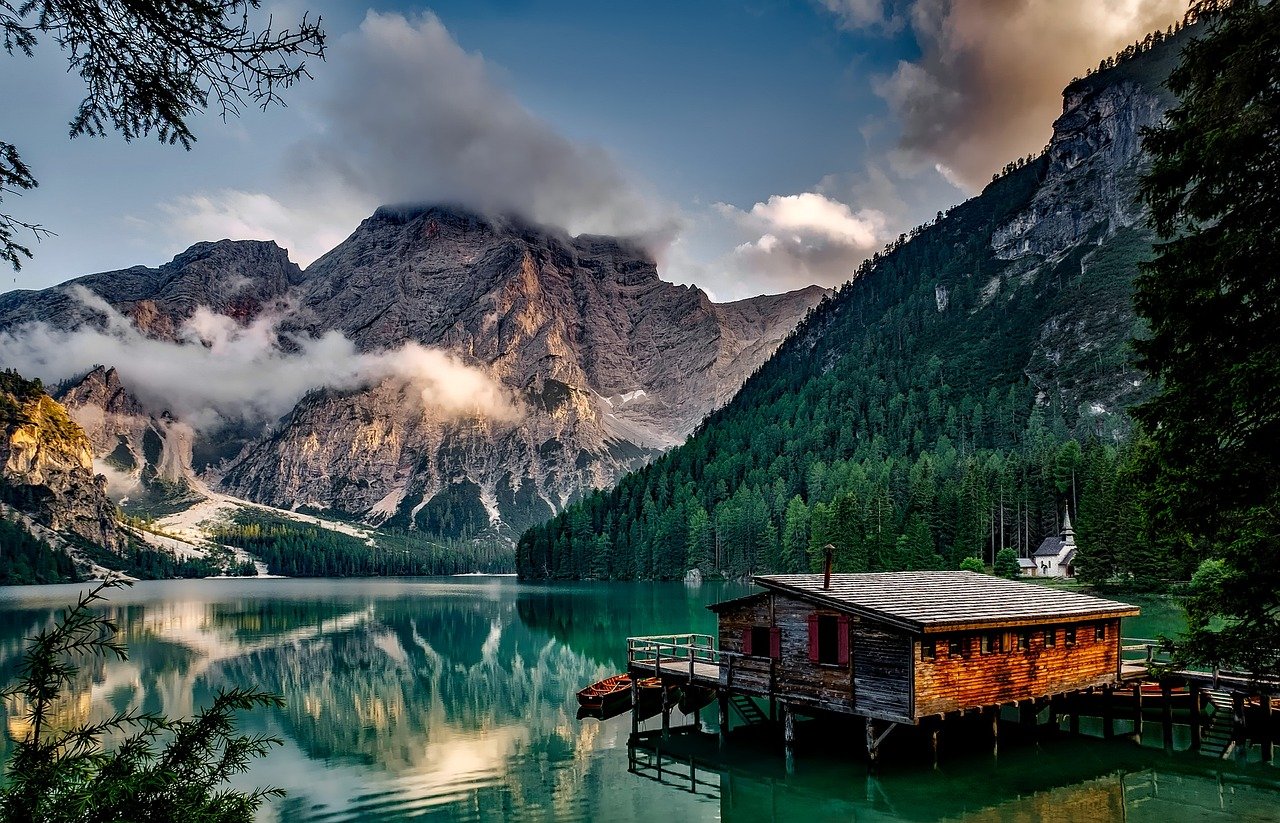Traveling is a universally cherished experience, offering everyone the opportunity to discover new places, cultures, and ideas. However, all travel experiences are not the same. From leisurely vacations to purpose-driven journeys, the world of travel encompasses a wide array of experiences tailored to suit all traveler’s preferences and interests. Let’s explore the various types of travel and what makes each one unique.
A. Travel For Leisure
I. Vacation Travel
Arguably Vacation travel is the most common form of leisure travel. It involves individuals or families taking time off from their daily routines to relax and explore new destinations. Whether it’s exploring on a tropical beach, sightseeing in a bustling city, or engaging in outdoor adventures, vacation travel offers an escape from the stresses of everyday life. Beach resorts, historical sites, and natural wonders around the world are popular vacation destinations.
II. Adventure Travel
Adventure travel is the perfect choice for individuals looking for thrilling experiences that will make their heart excited. This type of travel often involves engaging in outdoor activities such as hiking, mountain climbing, kayaking, or wildlife safaris. Adventure travelers crave challenges and thrive on pushing their physical and mental capabilities while immersing themselves in the natural beauty of remote and rugged landscapes. The Amazon rainforest, the Himalayas, and the African savannah are popular adventure travel destinations.
III. Ecotourism
Ecotourism, also known as sustainable travel or responsible tourism, focuses on preserving the environment and supporting local communities while exploring natural and cultural attractions. Ecotourists strive to minimize their ecological footprint by choosing eco-friendly accommodations, contributing to conservation efforts, and respecting indigenous cultures. This type of travel encourages environmental awareness, biodiversity conservation, and socio-economic development in environmentally sensitive areas. Wildlife watching, nature hikes, and visiting eco-friendly lodges or national parks are few examples of ecotourism activities.
IV. Cultural Tourism
Cultural tourism revolves around immersing oneself in the rich heritage, traditions, and customs of different societies. Travelers embark on cultural journeys to explore historical sites, museums, art galleries, festivals, and culinary delights unique to each destination. By interacting with locals, attending cultural activities, and learning about the region’s history, travelers gain a profound comprehension and appreciation of various cultures. UNESCO World Heritage sites, ancient cities, and cultural festivals celebrated around the world are popular cultural tourism destinations.
B. Travel For Business
Traveling for business-related objectives, such as attending conferences, meetings, trade exhibits, or corporate events, is referred to as business travel. Business travelers often visit multiple destinations within a short period, requiring efficient transportation and accommodation arrangements. Though it might not have the same relaxed feel as a vacation, business travel provides opportunities for networking, professional growth, and expanding business horizons. Large cities with thriving business hubs and convention centers are the common business travel destinations.
C. Travel For Pilgrimage
Pilgrimage travel holds deep spiritual significance for those who are seeking to connect with their religious beliefs and cultural heritage. Pilgrims travel to places of worship, sacred sites, temples, shrines, or holy cities associated with their religion, performing rituals, offering prayers, and performing acts of devotion along the way. Pilgrimage travel promotes spiritual renewal, personal reflection, and a sense of community among like-minded pilgrims. Mecca for Muslims, Jerusalem for Christians, Varanasi for Hindus, and Lourdes for Catholics are major pilgrimage destinations.
D. Travel For Education
Educational travel, also known as experiential learning or study abroad programs, combines academic endeavors with cultural immersion and personal development. Students, scholars, and lifelong learners engage in educational travel to expand their knowledge, gain new perspectives, and improve their academic or professional skills. Whether it’s studying a foreign language, conducting research, or participating in cultural exchanges, educational travel encourages intellectual curiosity, cross-cultural knowledge, and global citizenship. Worldwide popular educational travel destinations comprise universities, language schools, archaeological sites, and historical landmarks.
E. Travel For Volunteer
Volunteer travel, also known as voluntourism or service-oriented travel, allows people to contribute their time, skills, and resources to meaningful causes while exploring new destinations. Volunteer travelers participate in community development projects, environmental conservation activities, humanitarian aid projects, or wildlife rehabilitation programs in collaboration with local organizations or NGOs. By volunteering abroad, travelers make a positive impact on communities in need, cultivate empathy and compassion, and gain a deeper appreciation for cultural diversity. Teaching English, building houses, caring for orphaned animals, or assisting with healthcare activities in underserved regions are common volunteer travel opportunities.
In summary, the world of travel is as diverse as the people who embark on these journeys. All traveler’s interests and goals can be fulfilled by a variety of travel experiences, whether they are seeking adventure, leisure, cultural immersion, or personal development. By embracing the diverse experiences that travel offers, people can extend their horizons, create lasting memories, and establish meaningful relationships with the world around them.



